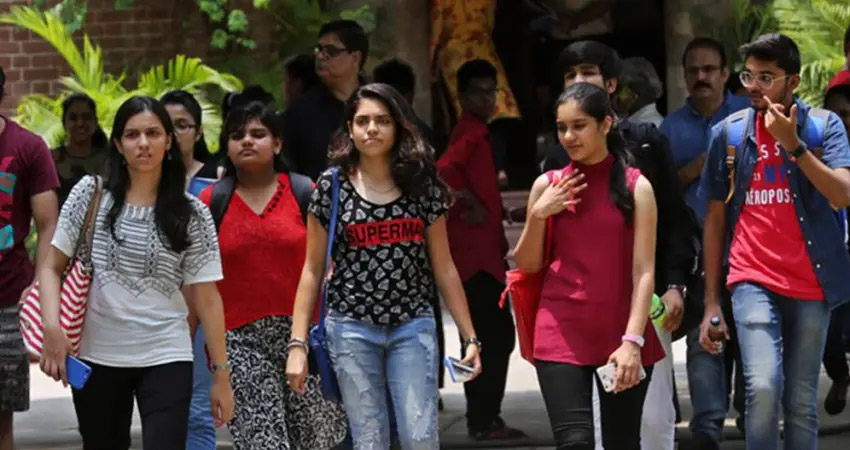
Govt asks universities to offer four-year UG courses in line with NEP
- Campus Updates
- 08 Dec, 2022
- 1312
FROM THE next academic year, expected to begin in June 2023, all undergraduate (UG) degree programmes in Maharashtra will have a tenure of four years, as per the National Education Policy, 2020.
In a government resolution (GR) issued late Tuesday, the state higher and technical education department asked all universities to formulate regulations for the same.
It also shared recommendations made by the state-level committee headed by Dr Ravindra Kulkarni, former pro-vice chancellor of Mumbai University (MU), preparing a roadmap for implementation of the NEP.
According to the recommendations, a student should have option to exit or leave the four-year course after each year.
For example, a student will get a certificate if exiting after completing first year, diploma if exiting after two years, bachelor’s degree after three years and bachelor’s degree (honors/reserach) after completing four years.
These exists (except the final year) would be possible after completing a bridge course, which would train student in employment skills.
Also, students should be allowed to choose the semesters – six in all – they want to join. If one joins the course in semester 1, the student would be allowed to exit only after completing semester 2.
The one entering the course in semester 3 would be allowed to leave only after completing semester 4.
This would hold true for semesters 5 and 6 too.
However, many, especially teachers, have raised concerns about the recommendations.
Dr Madhu Parajape, general secretary of Bombay University and College Teachers Union (BUCTU), said: “The government has failed to show any commitment toward financial aspects of these reforms in terms of fees and grants given to aided colleges. Instead, by allowing a student to leave the course in between, the government will encourage dropping out of higher education. There is already a shortage of manpower due to the government’s failure in filling up vacant posts of teachers.”
BUCTU had last month taken part in the three-day protest by All India Teachers Federation against NEP, outside the UGC office in Delhi.
Many teachers also pointed out the absence of academic councils and boards of studies in most universities, which are responsible to prepare a new curriculum for the reforms.
While such bodies are being set up in many state universities, MU still awaits the election process to start.
The universities, however, are confident of implementing the recommendations.
Vice-Chancellor (V-C) of Shivaji University in Kolhapur, D T Shirke, who is currently holding the additional charge of MU V-C, said: “There is adequate time to introduce the changes. The national curriculam framework too is ready for reference.”
